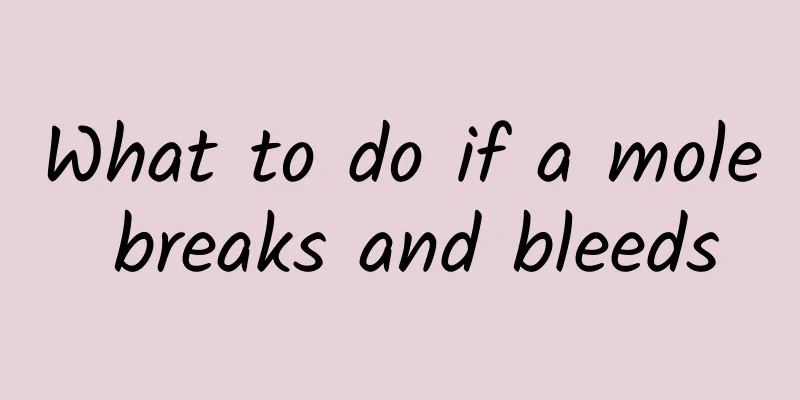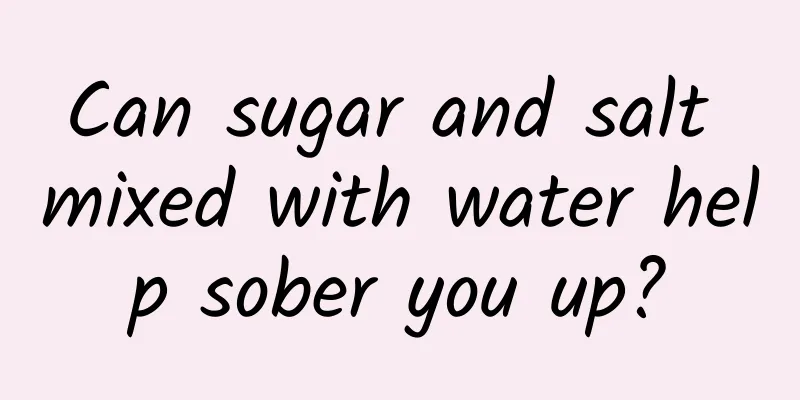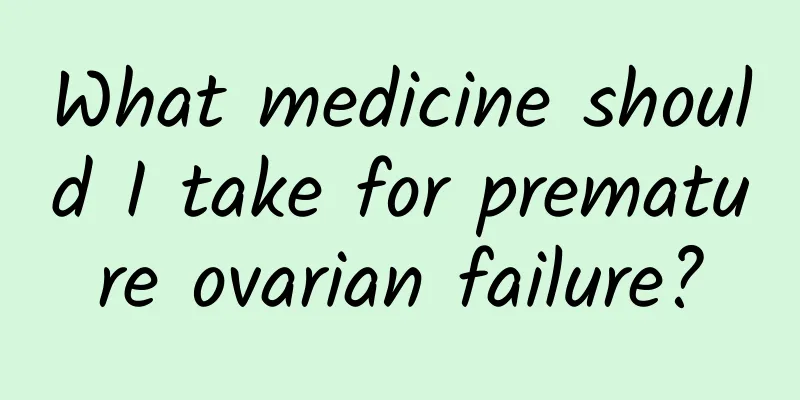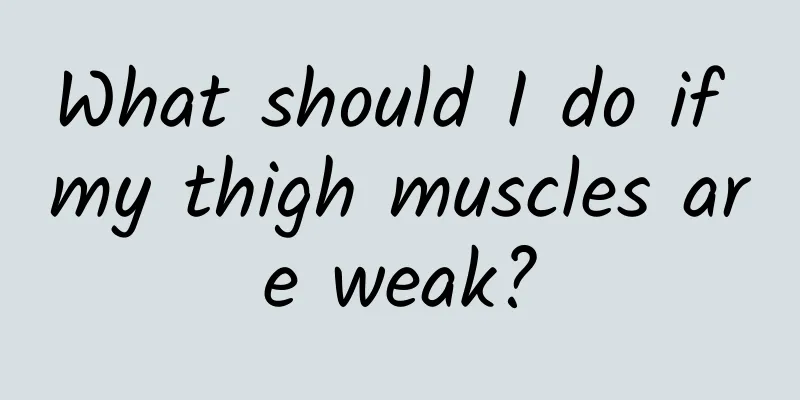Can I extract a tooth if it is inflamed?

|
You must not extract teeth when there is inflammation. Extraction itself has certain risks. Inflammation indicates infection. Extracting teeth at this time may cause bacteria to enter other tissues and organs through the bloodstream, which is very harmful to the health of the body. It may even cause bacteria to enter the brain and cause cerebral edema. Therefore, you must not extract teeth when there is inflammation. 7 situations where you should never extract teeth 1. Suffering from blood diseases This type of people may experience severe bleeding when having a tooth extracted. People with leukemia, hemophilia, scurvy, etc. should try to avoid tooth extraction. 2. Oral inflammation Because there are abundant blood vessels in the mouth, if a tooth is extracted during inflammation, the pathogenic bacteria in the diseased tooth will spread through the blood to other parts of the body and reproduce and grow. For example, if someone suffers from acute pericoronitis of wisdom teeth, if the tooth is extracted immediately, the inflammation may spread, causing interstitial infection or even intracranial infection. Therefore, people with inflammation should eliminate the inflammation first and then extract the tooth, and never try to do it in a hurry. 3. Kidney problems If people with severe kidney problems insist on having their teeth extracted, they may suffer from kidney failure. If the kidney problem is mild, antibiotics may be given before the tooth is extracted to prevent an acute kidney attack. 4. Liver problems People with hepatitis and cirrhosis are prone to bleeding during tooth extraction. If they want to have a tooth extracted, they should wait until the disease improves before having the tooth extracted, and a prothrombin time test should be done before the tooth is extracted. In order to prevent bleeding after the tooth is extracted, coagulation drugs such as vitamin K and hemostatics should be used. 5. Suffering from diabetes Diabetic patients have relatively low resistance, and are prone to postoperative infection after tooth extraction, which can aggravate diabetes. If you have to have a tooth extracted, you should first control your blood sugar and take antibiotics before and after the extraction to avoid wound infection. , 6. Hyperthyroidism patients When patients with hyperthyroidism have their teeth extracted, infection and anxiety may aggravate thyroid poisoning and cause "thyroid crisis". Patients may experience symptoms such as rapid heartbeat, fever, severe vomiting, and even coma. In severe cases, it can quickly cause exhaustion and death. 7. Female menstrual period During the menstrual period, women's body functions will deteriorate, and their resistance and immunity will be lower than usual. If a tooth is extracted at this time, it is easy to cause wound infection and continuous bleeding. The editor reminds you: When you need to have a tooth extracted, you must tell the doctor what your physical condition is. Do not hide your condition, or you will cause serious harm to your body just for the sake of a momentary pleasure! Things to note after tooth extraction 1. The gauze ball used to stop bleeding from the tooth extraction wound can usually be bitten for 30 to 45 minutes. Biting for too short a time is not conducive to stopping bleeding, and biting for too long a time can easily lead to infection. 2. Do not eat within 2 hours after tooth extraction. You can eat some liquid food such as milk and porridge within 2 hours. The food should not be too hot or too hard. Avoid smoking, drinking, and spicy food. 3. Do not brush your teeth on the day of tooth extraction to avoid damaging the wound. You can rinse your mouth with warm water or light salt water, and drink more fruit juice rich in VC to promote wound healing. 4. You cannot do strenuous exercise right after having a tooth extracted. You should rest appropriately, such as in a semi-reclining position. You cannot lie flat or take a hot bath immediately. 5. If there is saliva in your mouth after tooth extraction, you should swallow it normally and it is best not to spit within 4 days. As for chewing food, unless there are unexpected circumstances, you can usually chew on the side where the tooth was extracted in about a week. 6. If you feel pain after tooth extraction, you can use ice to relieve the pain. If it hurts a lot, you need to take painkillers. If the painkillers are ineffective, you should go to the hospital for a follow-up visit immediately. |
<<: What medicine can cure chickenpox quickly?
>>: Does toothpaste have anti-inflammatory effects?
Recommend
What are the methods of traditional Chinese medicine for treating urinary tract infection?
Urinary tract infection is a very common disease....
What is cinnamon?
People often hear and see the term cinnamon in da...
Symptoms of facial fungal infection
For most people, their face is very important, so...
Why do I hiccup when I move?
Hiccups when you move may be caused by chronic ga...
What medicine is good for myocardial ischemia?
Myocardial ischemia refers to a condition caused ...
The efficacy, effects and contraindications of Chinese medicine clove
Effects of Cloves There are many varieties of lil...
Reactions after moxibustion at Zusanli
In daily life, moxibustion is very familiar to ev...
Is sleepiness hereditary?
Sleepiness is a functional disease. It often caus...
How to reduce swelling on head
If there is a bump on the head, you should reduce...
How to cure bad luck
Many people will suffer from some symptoms of han...
Can Houttuynia cordata cure gastritis?
Houttuynia cordata is a common plant in the south...
What are the symptoms of epilepsy in children?
As parents, we all hope that our babies can grow ...
What does it mean when the back is red after scraping?
From the perspective of traditional Chinese medic...
Two months old baby's eyelids are swollen
When the baby is two months old, the body is stil...
The efficacy of stewed pear with pepper
Sichuan peppercorns are a seasoning that is often...









